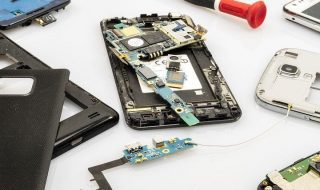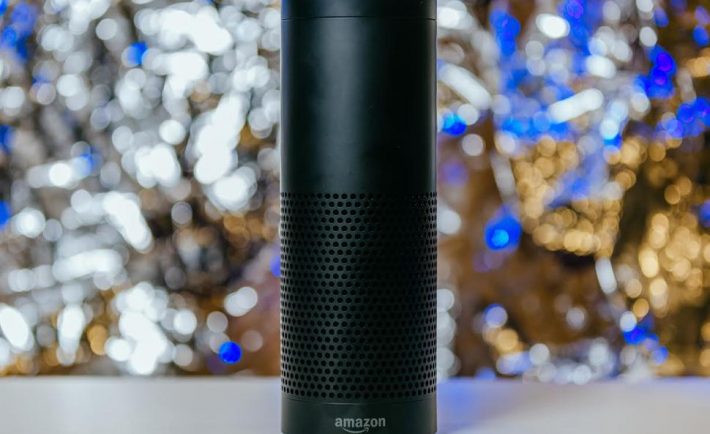
Businesses and even private subscribers are quickly moving to using Voice over IP (VoIP) technology as a more efficient replacement for traditional telephone services. Several major steps forward have made this an attractive technology even for those who might have considered themselves holdouts thus far. Additional features that could never be part of a conventional phone network have helped to make even the most conservative system administrators consider making the switch to VoIP.
With every major technological advance in the field of electronic communication comes a wide variety of privacy concerns. Network providers are addressing these issues and making VoIP into a safer alternative. While no network can be ever completely secure, these changes are helping to present the technology as something that can provide a line of communications that’s every bit as secure as traditional telephony.
Modern IP lines can even be more secure than regular networks in some ways. Those who are interested in securing their line will certainly want to take a look at all of the new networking technologies that are being perfected on a daily basis.
New Advances in the Field of Dictation
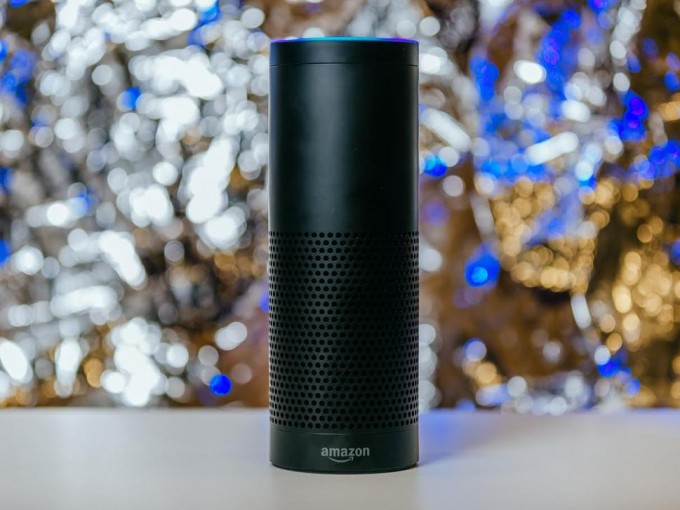
Talk to your house with these voice-activated smart-home systems
While conventional systems provide reliable communications, there are many things VoIP systems can do that traditional phone service can’t. Dictation is one of the fields where recent advances have been making headlines. Some VoIP providers now provide software modules that can take dictation.
Speech-to-text software has been around for a very long time, but recently computer scientists authored new algorithms that are much more accurate than previous ones. While they require a certain amount of training to work, they can function well under poor conditions. This makes them perfect for making text records of phone calls.
Providers can couple a dictation application with their VoIP services, and professional users can elect to have the software make a record of a phone call at any time.
Support for Machine Calls
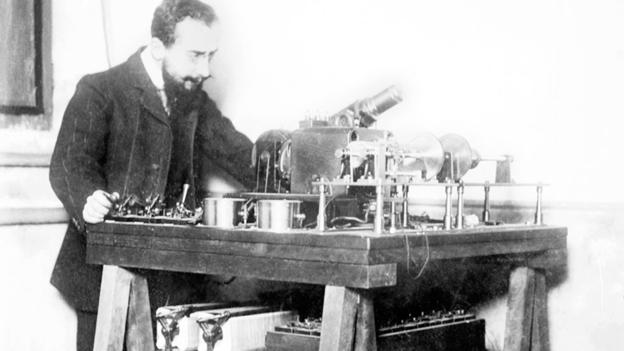
Why the fax machine isn’t quite dead yet
Voice recognition solutions are only one of the many new functions that are coming out for VoIP users. For a long time people have wanted to make sure that all of their devices would work with their new VoIP connections, and new features are being added to many service packages that ensure that they can enjoy the benefits of VoIP without losing any sort of functionality.
Handling outgoing calls originating from non-voice telephony devices like satellite television receivers and alarm systems has always been challenging for VoIP engineers. These types of devices rely on a PSTN telephone line. Ancillary equipment manufacturers have been working with service providers to add new support for these devices.
In many cases, their functionality can actually be replaced by a conventional Internet connection coupled with software solutions. These connections also power VoIP services, which means that they’re already available in offices that make use of VoIP technology.
A newer protocol called T.38 also allows offices to send faxes over VoIP. While email can handle most tasks that fax machines were once used for, there are some niche applications where fax machines are still extremely necessary. This protocol is opening up an entire new avenue called Fax over IP (FoIP) that can be used for the secure transfer of documents without use of conventional Internet file transfer techniques.
Solving Security Concerns
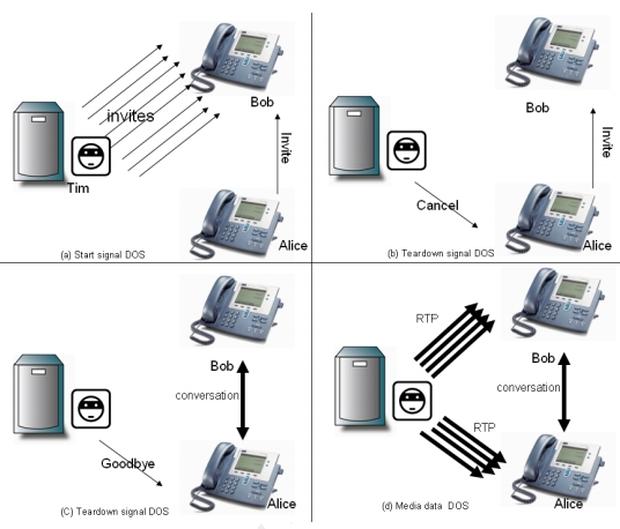
Security of VoIP phone systems comes up short
One of the biggest concerns that technologists have with VoIP systems is that they can be compromised whenever a broadband Internet system becomes compromised. Some of the most impressive advances in VoIP technology have come in the form of new novel security solutions. Reports have started to surface on a variety of news sites, including some major wire services and Donald Burns blog, in regards to how people are concerned about the privacy of their calls on these systems.
New privacy features are quickly getting integrated into digital phone service accounts. Caller ID blocking is now possibly on many outgoing calls. Customers could dial a set number before they place a call, which will make their information appear as “UKNOWN” on the recipient’s unit.
Web administration solutions provide sections to block incoming calls from specific numbers. They could also block anyone who is hiding their own outgoing caller ID information.
Recent breakthroughs in encryption technology have been some of the most impressive advances when it comes to solving these security problems. Intercepting VoIP communications is very difficult. Computer crackers have to use sniffing tools that are located in the same broadcasting domain that the IP phone is using a switched Ethernet system. External crackers could also try being on the same media path, but once again this is incredibly difficult. Even if criminals were able to find a way around this, these new encryption algorithms are very tight and would make intercepted packets useless to them.
This is actually a more secure position for communications than a regular phone system. Compromised analog communications can be easily decoded. Secured digital communications aren’t in a form that can be easily understood.
Predicting the Future of VoIP
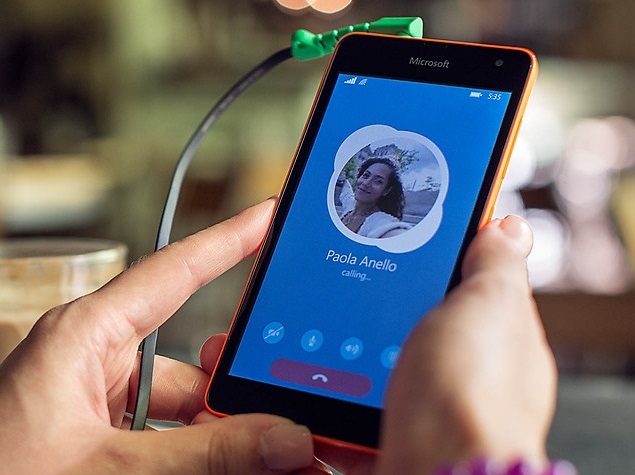
Five Hurdles That Stop VoIP Calling From Going Mainstream
While it’s difficult to say what features will be added next, it’s easy to assume that many of them will come in the form of security updates. Encryption methods are constantly being refined. It’s likely that new algorithms will make these systems even safer than they already are.


